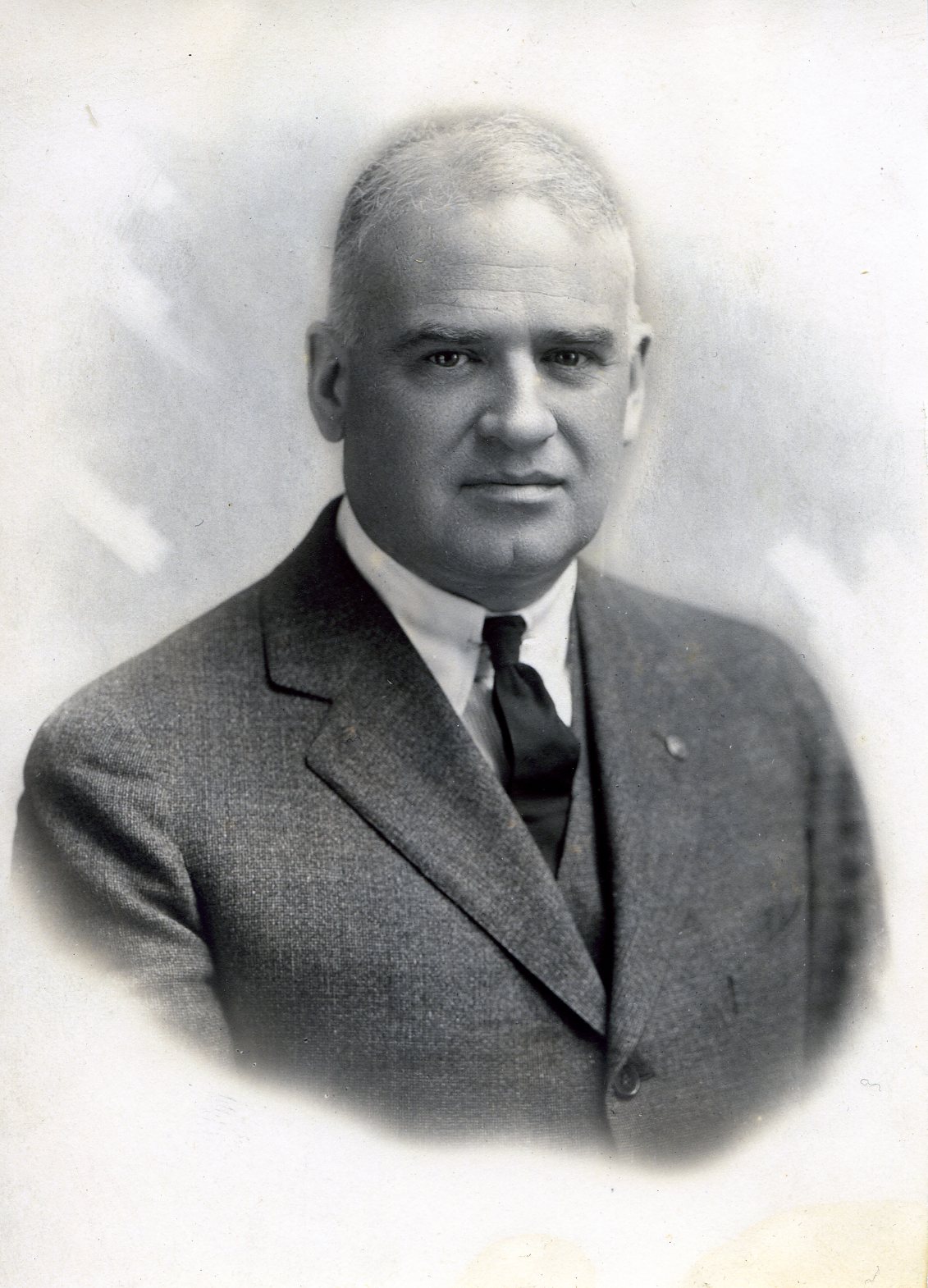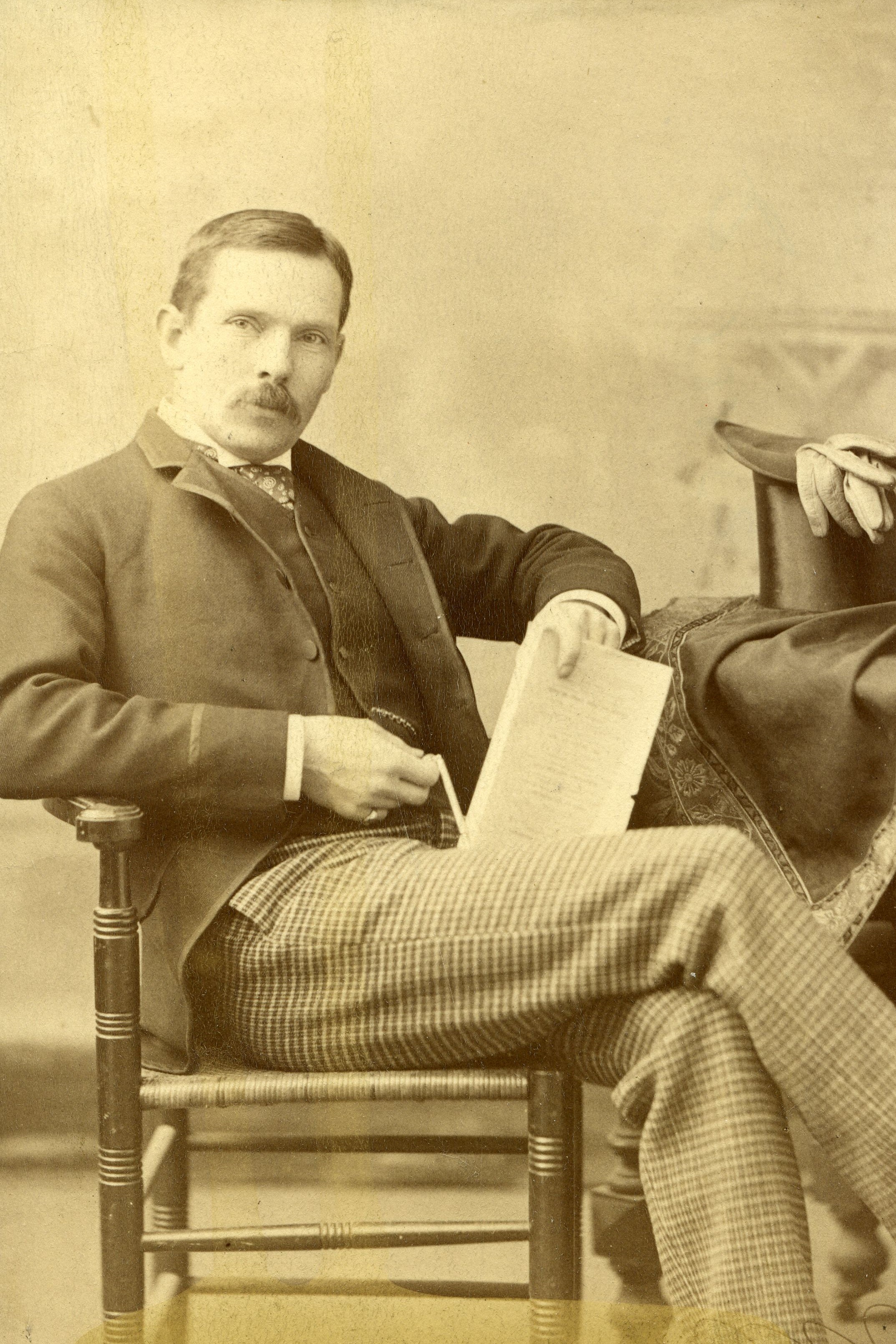Member Directory,
1847 - 1922
George F. Chandler
Surgeon
Centurion, 1921–1964
Walter B. James and Poultney Bigelow
Clyde, New York
Kingston, New York
Age forty-eight
Troy, New York

Century Memorial
Undisturbed by fire sirens in the cacophony of Forty-third Street, George Chandler sat the greater part of each day by the south window of the East Room, reading. He was a tremendous reader, consuming book after book on nearly every subject. Our former librarian, Theodore Bolton, remembers that he read—all in The Century—Gibbon’s Decline and Fall, Trevelyan’s History of England, Mark Sullivan’s Our Times, Winwood Reade’s Martyrdom of Man, the recent histories of Frederick Lewis Allen, and many others, less known, that Bolton dug out for him.
Chandler will be long remembered by those members of The Century staff who have survived him, and he was a much loved Centurion by all those who served him. Whenever he came to the Club, he would linger in the front hall to talk with the employees about baseball or about some book he had read or a movie that he had seen. When, after his final retirement, he went to live in Kingston, New York, William Daniel was his annual visitor.
Through his long life his interests swung between surgery and the military. By profession, he was a surgeon. For a time, he was house surgeon at St. Vincent’s Hospital and staff surgeon at the Kingston Hospital. But his service in the National Guard drew him toward army activities; in 1916, as a major in the 10th Infantry, he served on the Mexican border at McAllen, Texas where he was also adjutant of the First New York Brigade.
Governor Charles Whitman asked him, at the end of his border service to organize a state police. He created a constabulary free from political influence, built barracks for it, bought its horses and founded the first state police school in the country.
But surgery, the practice of which had lapsed during his military activity, drew him back. He resumed surgical work at Kingston and lived there in the few years after he had given up practice.
In his elder years, he was constantly at The Century. His opinions, which were definite and sometimes stubborn, were likely to be at variance with generally accepted views, and there was much friendly controversy over these at the Long Table.
Incidentally, George was an accomplished musician, having made his debut as a solo violinist at the age of fifteen.
His most evident personal characteristic was kindness; in spite of a gruff and sometimes an abrupt manner, he was extremely sympathetic with troubled friends and made long trips to help them out.
His armchair at the window of the East Room with him in it was long a Century landmark, and, though he has been absent while new members have come in, we of an older vintage remember it well and miss it.
He had been a Centurion for nearly half of his ninety-one years.
Roger Burlingame
1965 Century Association Yearbook



